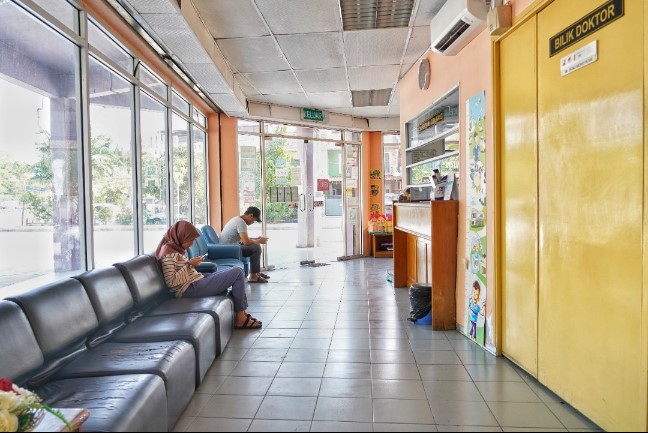KUALA LUMPUR, July 21 – Opposition MPs today criticised the heavier penalties proposed in the Poisons (amendment) Bill 2022 in their debate on the proposed legislation in Parliament.
Kuala Kedah MP Dr Azman Ismail from PKR questioned the bill’s proposed new search and seizure powers for pharmacy enforcement officers under Section 31 that also prohibit people from recovering the cost of damages from entry, search, or seizure unless such enforcement actions were made “without reasonable cause”.
The Poisons amendment bill – an amendment of the Poisons Act 1952 that regulates medications – also proposes the evidence of agent provocateur to be made admissible in court.
“This is quite draconian,” Dr Azman said during his debate on the bill today.
“There is a need for this if we want to control the use of psychotropics and narcotics or to counter drug cartels. But if we are using this simply to oppress general practitioners (GPs) or pharmacists for making mistakes in their records, we must be careful.”
The medical doctor also said that while he agreed with proposed regulations of psychotropic substances, he expressed concern about the bill discouraging private GPs from prescribing sedative medications like benzodiazepines for anxiety and sleep.
Sepang MP Mohamed Hanipa Maidin similarly criticised the expansion of enforcement powers under the newly proposed Section 31 clauses that empower enforcement officers to access recorded information and computerised data.
“I see that this amendment is quite extensive and invasive in nature,” Hanipa said in his debate.
“How do we balance between the need to obtain electronic information and protect personal privacy?”
The Amanah lawmaker, who is also a lawyer, cited Article 5(1) of the Federal Constitution that protects one’s life and liberty.
He said that this constitutional provision has been interpreted by a court in a case involving Sungai Buloh MP R. Sivarasa as including the right to privacy.
Bandar Kuching MP Dr Kelvin Yii questioned a new Section 34A proposed in the Poisons amendment bill that protects officers from lawsuits and legal proceedings if their act was done in good faith.
“If we give enforcers too much protection, they will be immune from action, and if there’s abuse of power, how do we manage this?”
Dr Yii, who chairs the Dewan Rakyat special select committee on health, science and innovation, pointed out that the increased penalties in the Poisons amendment bill are almost of the same magnitude as in the Dangerous Drugs Act that prohibits illegal narcotics.
“What’s the rationale to raise penalties to this level, especially when it doesn’t involve death?”
Kuala Selangor MP Dzulkefly Ahmad, who is a former health minister, cited concerns from private medical practitioners that the harsh penalties proposed in the bill could discourage doctors from dispensing medications.
“They will be scared and pressured, and are concerned that this is leading to dispensing separation where doctors, to be safe, will only prescribe medicines and medicines are dispensed by pharmacists.”
The Poisons amendment bill proposes, under general penalties, to increase the maximum jail term for offences under the Poisons Act from one year to five years, besides increasing the maximum fine from RM3,000 to RM50,000.
The Dewan Rakyat passed the Poisons amendment bill in a voice vote.








